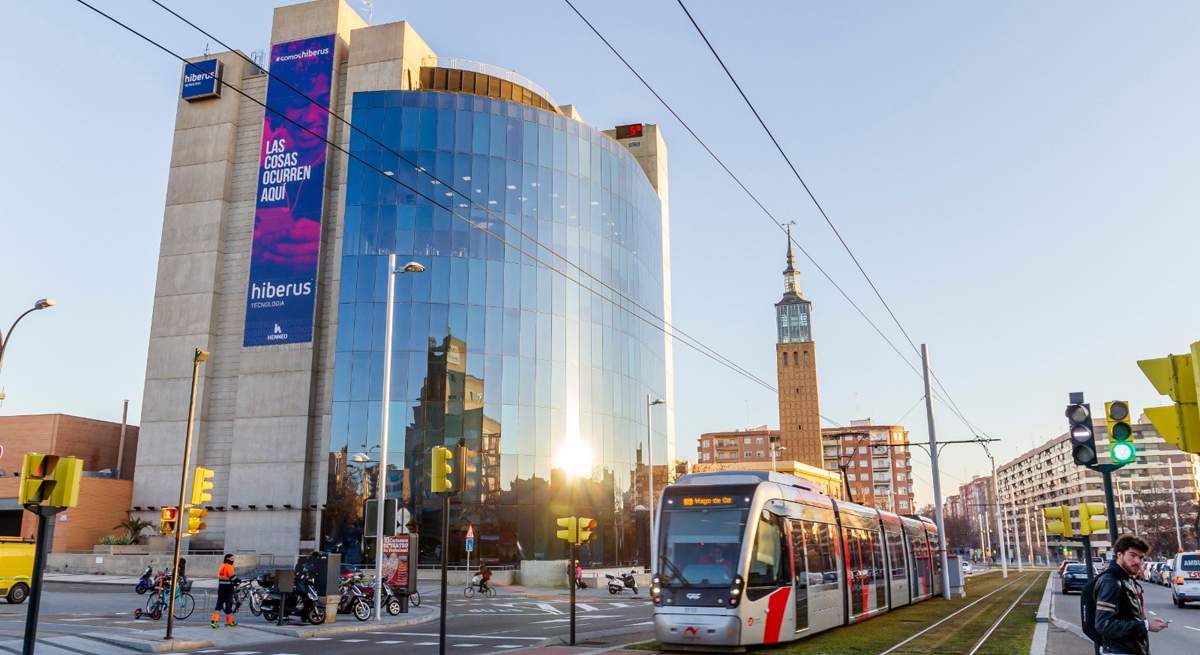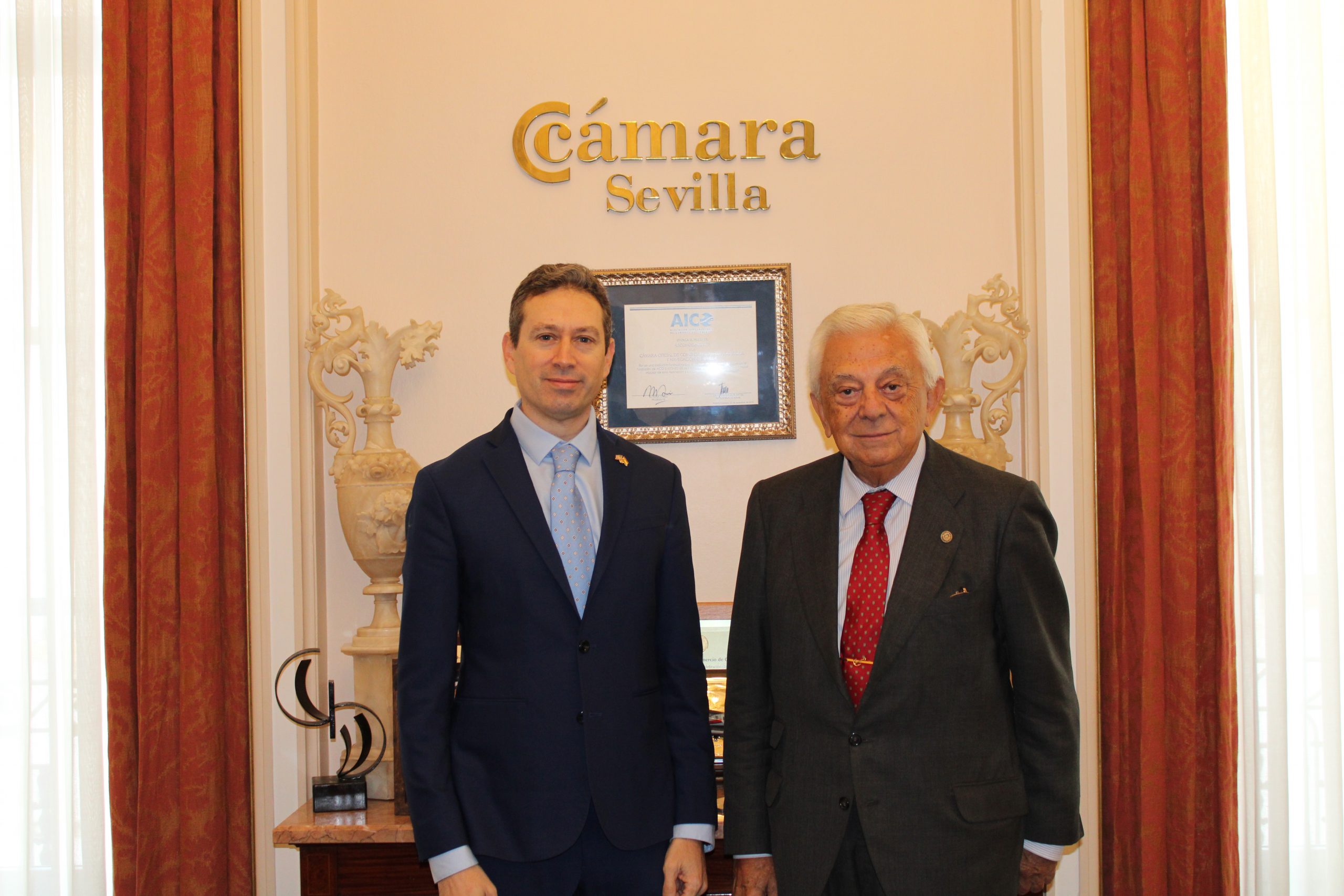The Madrid region has emerged as one of Europe’s leading gaming hubs
The United States remains one of the powerhouses of the global video game industry. In 2024, the U.S. market generated $107.6 billion in revenue, up 9% from the previous year, with projections reaching $153.9 billion by 2029, fueled by mobile gaming, the rise of esports, and ongoing technological innovation. With 205 million players and $59.3 billion spent on consoles, games, and accessories, the industry supports more than 350,000 jobs, cementing its role as a cornerstone of America’s digital economy.
This momentum is mirrored in the strategies of the industry’s biggest players, who continue to diversify and merge to strengthen their market positions. Microsoft made headlines in 2023 with the historic $68.7 billion acquisition of Activision Blizzard, adding blockbuster franchises like Call of Duty and Candy Crush to its portfolio after its 2021 purchase of ZeniMax Media, known for Fallout.
Sony, Nintendo, and California-based Electronic Arts (EA) round out the industry’s top tier. Despite its maturity, the market keeps evolving, driven by subscription models, cloud gaming, and freemium offerings on mobile platforms. Meanwhile, Spain has positioned itself as Europe’s third-largest video game market, generating over €2.4 billion in revenue in 2024. With more than 22 million active players, the sector directly employs over 11,000 professionals, plus thousands more indirectly.
Against this global backdrop, the Madrid region has emerged as one of Europe’s leading gaming hubs. Home to 25% of Spain’s video game companies and 31% of its animation and VFX firms, Madrid accounts for 71% of the country’s audiovisual industry revenue. This creative ecosystem—supported by world-class infrastructure, near-universal fiberoptic connectivity, and a strategic location bridging Europe and Latin America—has made Madrid a top destination for U.S. companies expanding into Europe.
One of the most notable examples is Electronic Arts (EA), a global leader in digital entertainment and creator of iconic franchises like The Sims, Battlefield, and EA SPORTS FC. EA entered Madrid in 2018 with a Localization Studio that quickly became a strategic pillar for the company, adapting games and content for global audiences. Since then, its commitment has only deepened. In April 2024, EA opened its new Madrid headquarters, a 150,000-square-foot space designed by Norman Foster in the historic Méndez Álvaro gas factory. The site brings together over 600 professionals from 41 nationalities, housing critical teams in localization, sports game development, IT, finance, and publishing.
EA’s connection to Spain goes beyond business. In 2023, the company became the main sponsor of LaLiga with the launch of EA SPORTS FC and rolled out the FC FUTURES program to support grassroots soccer, refurbishing community fields in neighborhoods like Vallecas and donating over 10,000 soccer balls to schools and academies nationwide. These initiatives underscore Madrid’s value not just as an operational hub but as a space to connect brand, community, and innovation.
EA isn’t alone in betting on Madrid. Saber Interactive Spain, a division of U.S.-based Saber Interactive, has expanded its development studio in Alcobendas, where more than 200 talented professionals work on creating cutting-edge gaming experiences. This growth highlights the region’s ability to attract and retain top-tier talent in a fiercely competitive global market.
Another major player, 2K, chose Madrid for its quality assurance (QA) studio near IFEMA, operational since 2020. The center not only ensures the technical excellence of its games but also reflects the company’s culture of diversity, inclusion, and collaboration. 2K’s mission is clear: to recruit the best talent from Madrid and across Europe to deliver world-class gaming experiences, working hand in hand with its global development teams.
The arrival and consolidation of these industry giants are no coincidence. Madrid offers a rare combination of advantages: a deep creative talent pool—ranking second in Europe for professionals in tech and creative sectors—along with a robust academic base of over 320,000 university students, business-friendly regulations, and a thriving ecosystem that connects technology, innovation, and culture. Initiatives like Madrid In Game further amplify this momentum, promoting a transformative approach to gamification as a driver of social and economic change.
This surge has positioned Madrid as a strategic hub for the international expansion of U.S. video game companies, offering not only a strong foothold in Europe but also a gateway to the Spanish-speaking market of more than 600 million people. In an industry defined by speed, innovation, and immersive user experiences, Madrid isn’t just an attractive destination, it’s becoming the new center of gravity for companies aiming to lead the future of gaming.
- Invest in Madrid It is the regional office for the promotion and attraction of foreign investment in the Community of Madrid. The institution’s mission is to serve investors interested in setting up or expanding their business in any of the 179 municipalities in the region, accompanying them throughout the entire life cycle of the project.
- https://investinmadrid.com/en/



